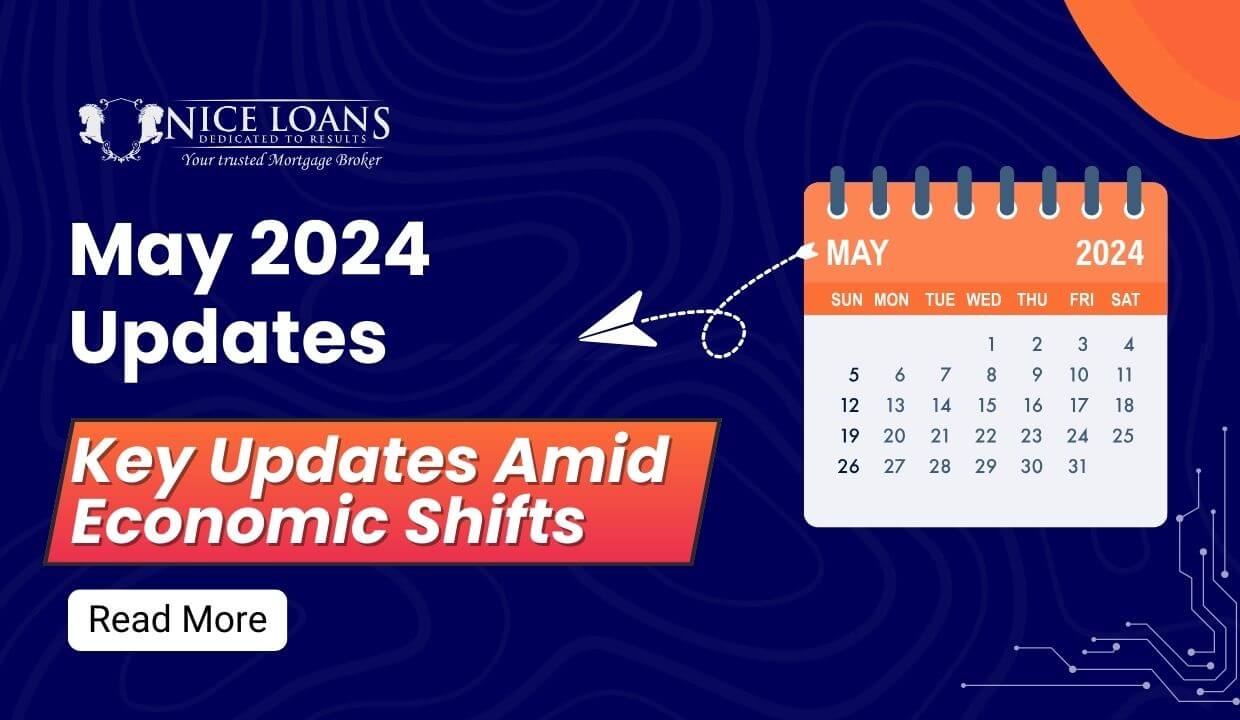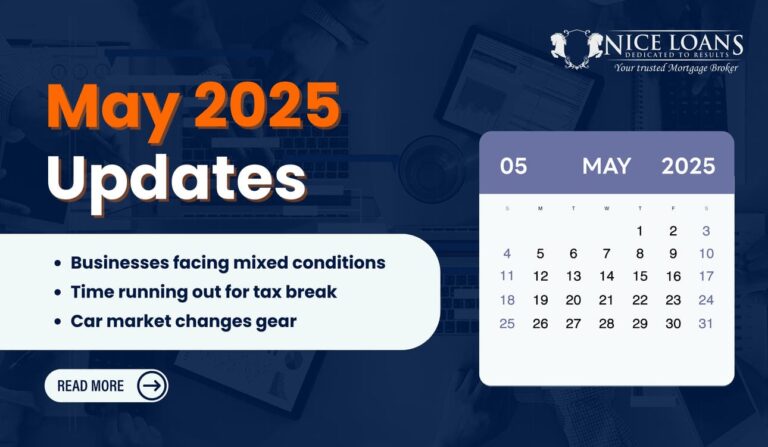With the federal Budget just behind us and economic conditions proving challenging, there’s plenty of big news around right now for May 2024 update:
- Wages rise 0.8% QoQ
- Insolvencies surge
- Businesses get $325 rebate
- Asset write-off extended
Read more below.
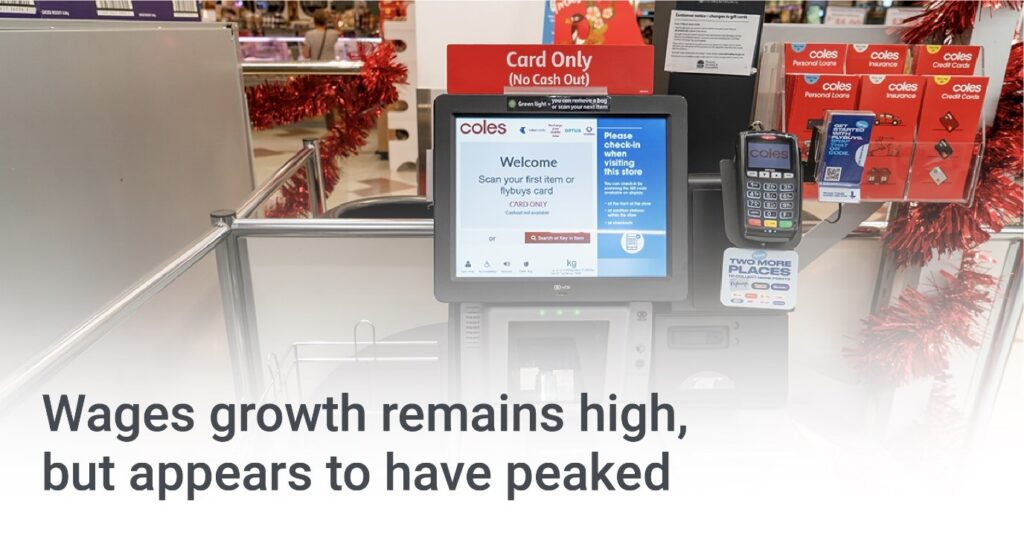
The wages of the average Australian worker increased 0.8% in the March quarter, taking annual wages growth to 4.1%, according to the Australian Bureau of Statistics.
The industries with the biggest annual increases in wages were:
- Health care & social assistance: 5.3%
- Electricity, gas, water & waste services: 4.4%
- Retail trade: 4.4%
- Transport, postal & warehousing: 4.3%
- Administrative & support services: 4.3%
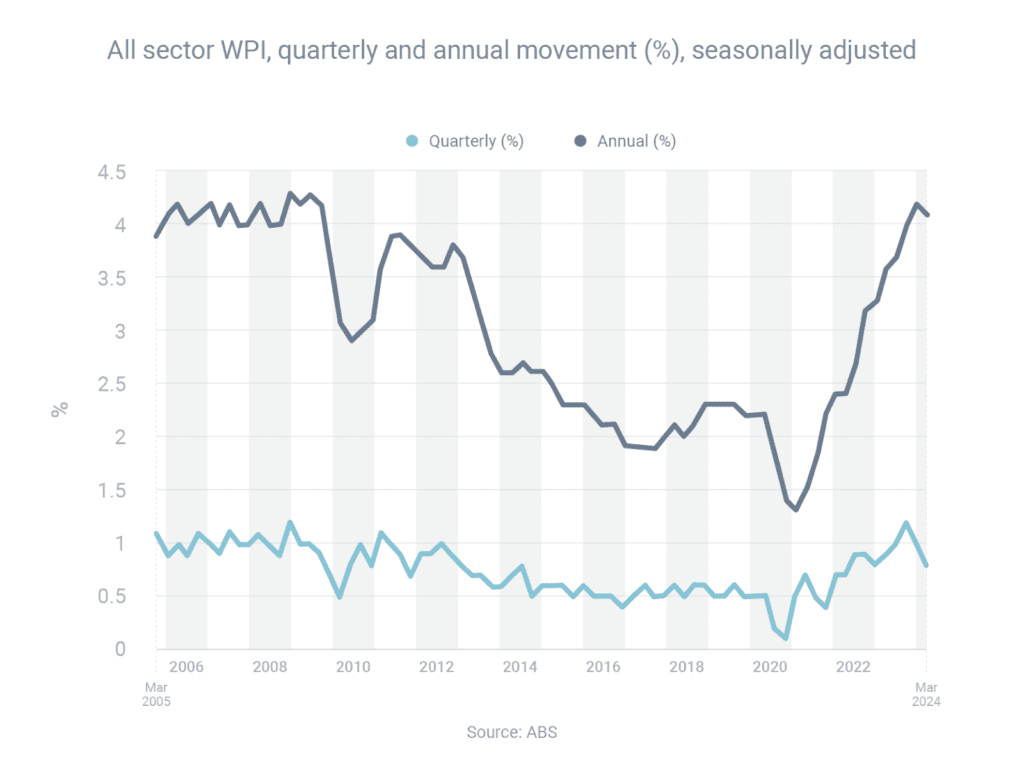
Strong wages growth is both causing and affecting the country’s elevated inflation rate: higher wages are contributing to higher prices, which are prompting workers to seek higher wages.
The Reserve Bank, in a statement released after its most recent monetary policy decision, said excess demand in the economy was putting upward pressure on wages.
“Conditions in the labour market have eased over the past year, but remain tighter than is consistent with sustained full employment and inflation at target. Wages growth appears to have peaked but is still above the level that can be sustained given trend productivity growth,” the Reserve Bank said.
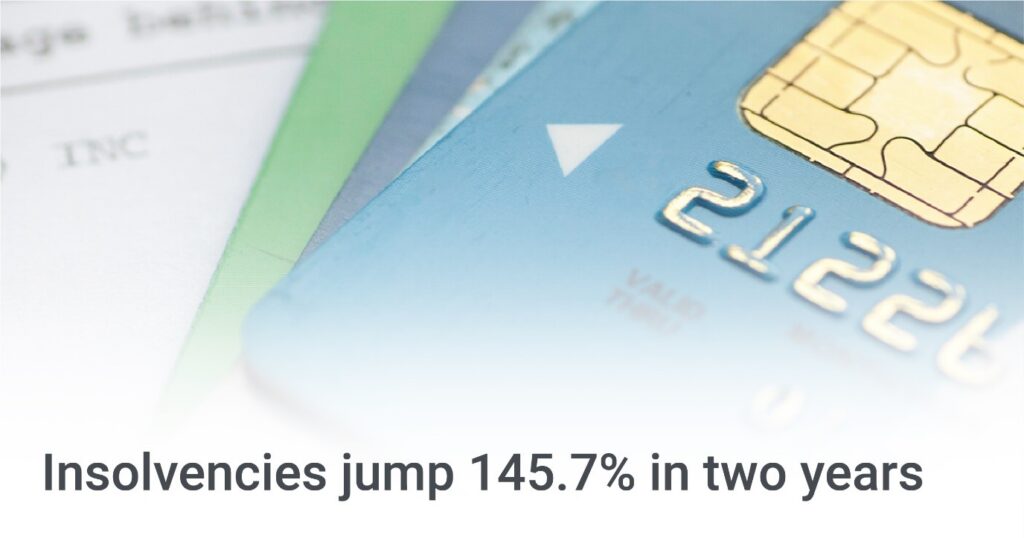
In worrying news for the small business sector, insolvency levels have reached their highest point in nine years.
Insolvency levels in the March quarter were 41.1% higher than the year before and 145.7% higher than the year before that, according to the latest data from credit bureau Equifax.
Business owners in the construction and hospitality sectors are doing it particularly tough, because they’re also much more likely to be in mortgage arrears than the average consumer.
“The ongoing growth in insolvencies raises questions about the survivability of many businesses – particularly those, like the SMEs and sole traders in construction and hospitality, that are facing financial stress in both their professional and personal lives,” Equifax said.
If your business is struggling to pay its tax bill in full and on time, the Australian Taxation Office (ATO) says you may be eligible to set up a payment plan.
“If you owe $200,000 or less, you may be able to do this yourself using online services. If you can’t, or you owe more than $200,000, contact us or your tax professional to discuss your options. It’s important that you pay any overdue debt as soon as possible,” the ATO says.
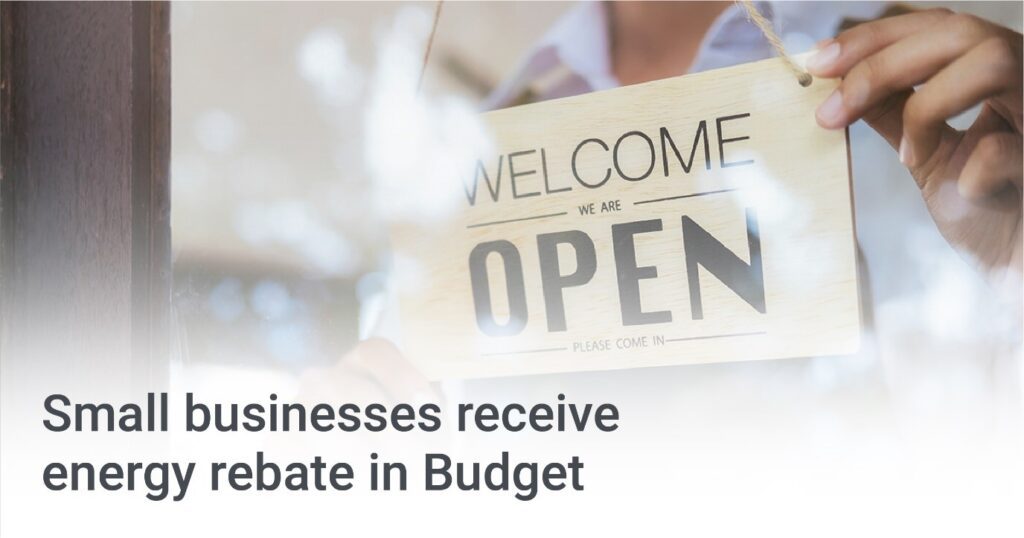
About one million small businesses will receive $325 off their bills over the 2024-25 financial year, in addition to a $300 rebate that will be provided to all households.
These energy credits, which were announced in the federal government’s 2024-25 Budget, will be applied in quarterly instalments, starting from 1 July 2024.
“The government is providing $3.5 billion for this relief, which extends and expands the energy bill relief rolled out to households and small businesses in 2023-24,” Treasurer Jim Chalmers said.
“Treasury estimates this will directly reduce headline inflation by around half of a percentage point in 2024-25 and is not expected to add to broader inflationary pressures.”
Meanwhile, the Budget also invested $10.8 million to extend the NewAccess for Small Business Owners program, which is a free and confidential one-on-one mental health coaching program delivered by Beyond Blue, and the Small Business Debt Helpline, which is a free service for small business owners in financial difficulty.

In another Budget boost for small businesses, the government has extended the instant asset write-off by another 12 months.
Businesses with an aggregated annual turnover of less than $10 million will continue to be able to immediately deduct eligible depreciating assets (which can be new or second-hand) costing less than $20,000, which are first used or installed ready for use by 30 June 2025.
The asset threshold applies on a per-asset basis, so businesses can instantly write off multiple assets.
The instant asset write-off is designed to improve cash flow and reduce compliance costs for businesses. The 12-month extension of the policy has been costed at $290 million.
The Australian Taxation Office (ATO) says businesses need to apply the simplified depreciation rules to claim the instant asset write-off. It cannot be used for assets that are excluded from those rules.
“The instant asset write-off eligibility criteria and threshold have changed over time. You need to check your business’s eligibility and apply the correct threshold amount depending on when the asset was purchased, first used or installed ready for use,” according to the ATO.
Contact me if you want to buy an asset.
The end of FY24 is just around the corner. Reach out if you want to secure finance by June 30.

